Our expertise
15 years of action to restore forest ecosystems
Since being founded in 2010, Reforest'Action has been working to preserve, restore and create land ecosystems with by developing their multi-functionalities and optimizing the multitude of services they offer to all living things. The 1,650 projects carried out worldwide have provided Reforest'Action with in-depth expertise that continues to grow – continuously improving – thanks to field experimentation, the progress of scientific research and technological innovation.
Complementary areas of expertise
Development of certified carbon projects (VCS+CCB, Gold Standard for the Global Goals, etc.): design, modelling, project development, operational and impact monitoring, certifications including carbon credits.
Study, design, support for deploying projects integrated into companies' value chains, monitoring and measuring long-term impacts.
Project design (replanting, reforestation, agroforestry, mangrove restoration, assisted natural regeneration, hedges, etc.), financing and support for implementation, monitoring, long-term impact measurement.
360 degree expertise
Our expertise includes the design, implementation and monitoring of regenerative land ecosystems which focus on optimizing impact.
The design means conceiving the project in line with objectives, the local context and the optimization of ecosystem benefits. Setting the impact measurement framework and forecasting using mathematical models and scientific literature and data is included in the design.
We support stakeholders in the field to implement projects. This can include a pilot project before scaling up the landscape when necessary to validate the design. Our goal is also to bring local stakeholders together in order to take the project even further.
Collecting field data through sampling along with satellite monitoring allows for long-term monitoring and increased reliability. Monitoring make it possible to take corrective measures where necessary.
Impact is measured using indicators set in the design phase and according to the project’s objectives. They are divided into 4 pillars: climate, biodiversity, soil and societal/economic. Measuring makes it possible to correlate results with forecasts, to demonstrate the impacts generated by the project and to evaluate them.
We also manage projects collaboratively with institutions and scientists, in an approach based on "Research – Action for temperate forests’ adaptation to climate change".
A combination of field, technical and scientific expertise
Stakeholders in the field
Restoring ecosystems requires an approach specific to each region, each landscape, each of the planet’s valleys that takes biodiversity and the culture of local populations into consideration. The project leaders that we collaborate with daily are specialists when it comes to the environmental and socio-economic aspects of local forests. They implement projects in the field according to local specificities and the needs of local populations. They also maintain and manage projects. With more than 620 members (NGOs, associations, experts, managers or owners), our network of project leaders allows us to continuously strengthen our expertise and to act on a large scale on quality projects, which fully integrate our vision.
Our team of in-house experts
Our team, composed of experts in forest and agroforestry ecosystems, focuses on impact each day. Our experts are specialized by topic (carbon, biodiversity, regenerative agriculture, assisted natural regeneration, etc.) and by geographic area (temperate or tropical climate) to best meet the challenges of forests and local communities, which are very different depending on their climate and which require very specific skills and knowledge.
Our External Scientific and Technical Committees
Our Scientific and Technical Committees provide Reforest'Action with further expertise and compound the benefits of project actions carried out in the relevant areas. Their members, forest, climate, carbon and biodiversity specialists, are responsible for evaluating Reforest'Action's approach to the preservation, restoration and creation of forest and agroforestry ecosystems. The discussions that take place in these committees make it possible to strengthen, over time, the scientific scope of the actions deployed.
Scientific and Technical Committee for “Tropical Forests”
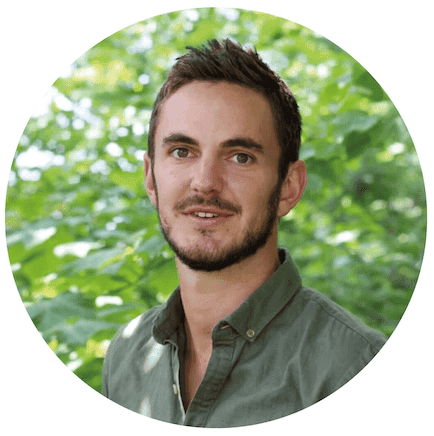
THOMAS CROWTHER
🇨🇭 Suisse
Ecosystem ecology specialist and founder of the Crowther Lab at the Swiss Federal Institute of Technology (ETH) in Zurich.
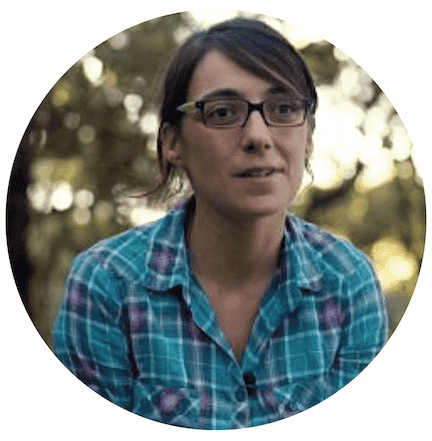
AÏDA CUNÍ-SANCHEZ
🇩🇿 Algérie
Associate Professor of Environmental Sciences at the Norwegian University for Life Sciences.
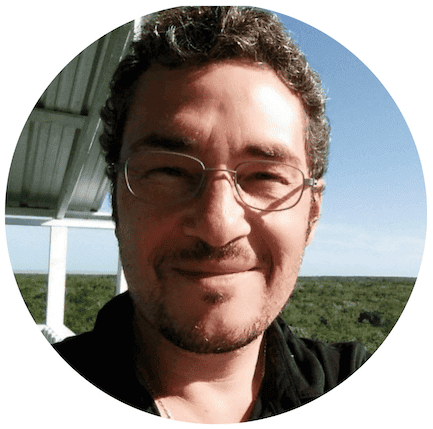
CLAUDE GARCIA
🇨🇭 Suisse
Scientist in the Group for Forest Management and Development at the Swiss Federal Institute of Technology in Zurich.Scientifique au sein du Groupe pour la Gestion et le Développement des forêts à l’École Polytechnique Fédérale de Zurich.
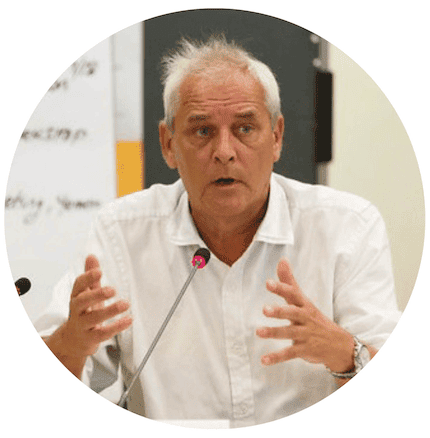
CHRISTOPHE BESACIER
🇫🇷 France
Forest technician and coordinator of the Forest and Landscape Restoration Facility (FRRM) at the Food and Agriculture Organization of the United Nations (FAO).
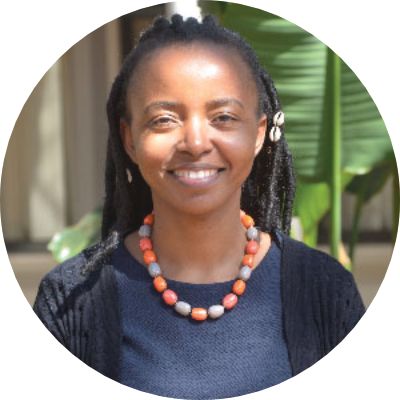
SUSAN CHOMBA
🇫🇷 France
Director at the World Resources Institute (WRI)Directrice au sein de l’Institut des ressources mondiales (WRI)
Scientific and Technical Committee for “Temperate Forests”
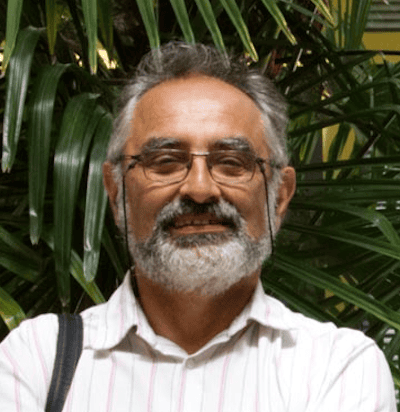
ALEXIS DUCOUSSO
🇫🇷 France
Member of the FNE’s Forest Board and President of IUCN Forest Group
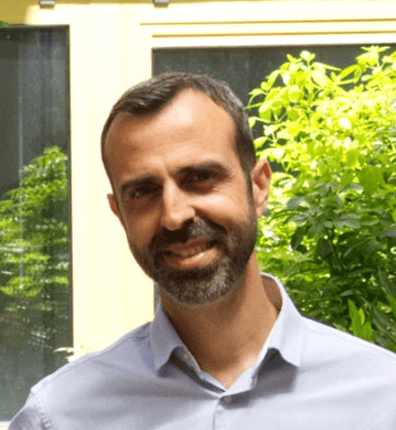
PAUL-EMMANUEL HUET
🇫🇷 France
Executive Director of PEFC France
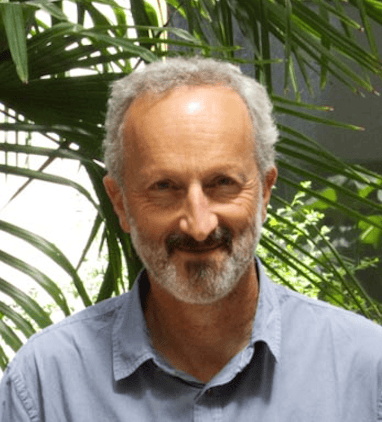
HERVE JACTEL
🇫🇷 France
Research Director at INRAE (France’s National Research Institute for Agriculture, Food and Environment)